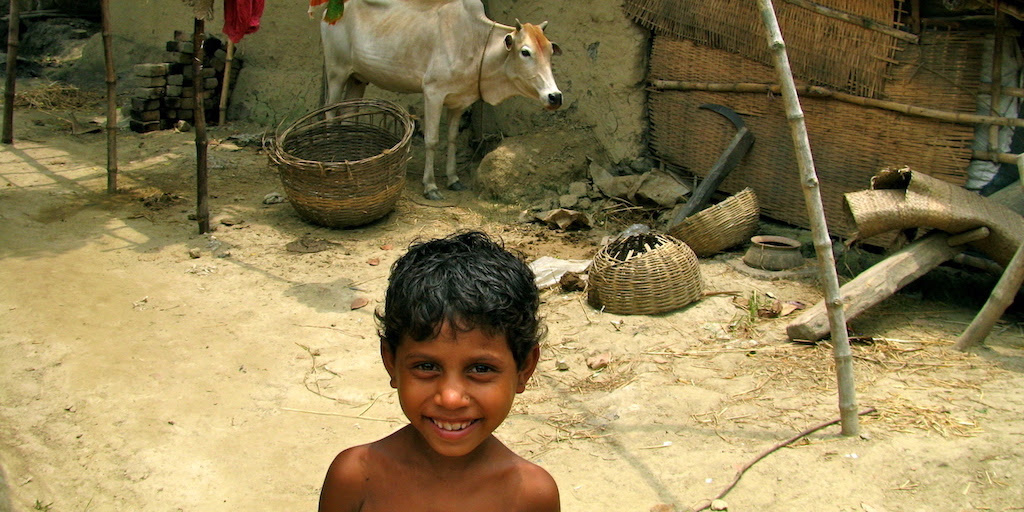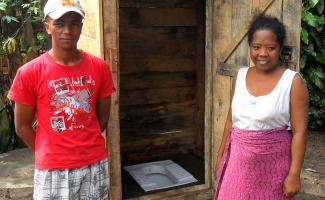Dear Colleagues and Partners,
I am pleased to announce that USAID has released its first-ever “Water for the World Implementation Research Agenda.” A newly published Globalwaters.org blog frames the key evidence gaps and questions included in the document.

Evidence is critical to effective and efficient water security, sanitation, and hygiene development programming at USAID, among our partner governments, donors, and implementing partners. The research agenda identifies 27 broad research questions that are critical to improving implementation of programs that contribute to the goal and associated Development Results of the USAID Water and Development Plan within the U.S. Government Global Water Strategy. The identification of these questions represents the culmination of an extensive process of exploring the evidence base associated with current approaches to water security, sanitation, and hygiene development programming, and of prioritizing evidence gaps through consultations across USAID and with our partners.
The Water for the World Implementation Research Agenda is a key contribution to the Agency’s “evidence cycle.” By looking to the past (through our Ex-Post Evaluation Series) to current evidence (through our Water and Development Technical Series) and to the future (through this agenda), USAID is seeking to coalesce partners and the sector around approaches that last, and to measure those results in meaningful ways (see our Water and Development Indicator Handbook).
The Water for the World Implementation Research Agenda will guide investments in implementation research across USAID’s water security, sanitation, and hygiene portfolio. We look forward to working with you on expanding the evidence base to improve the impact and sustainability of our work on water security, sanitation, and hygiene for the world’s poorest and most vulnerable.
Jeff Goldberg
Director, Center for Water Security, Sanitation, and Hygiene
Bureau for Resilience and Food Security
USAID









